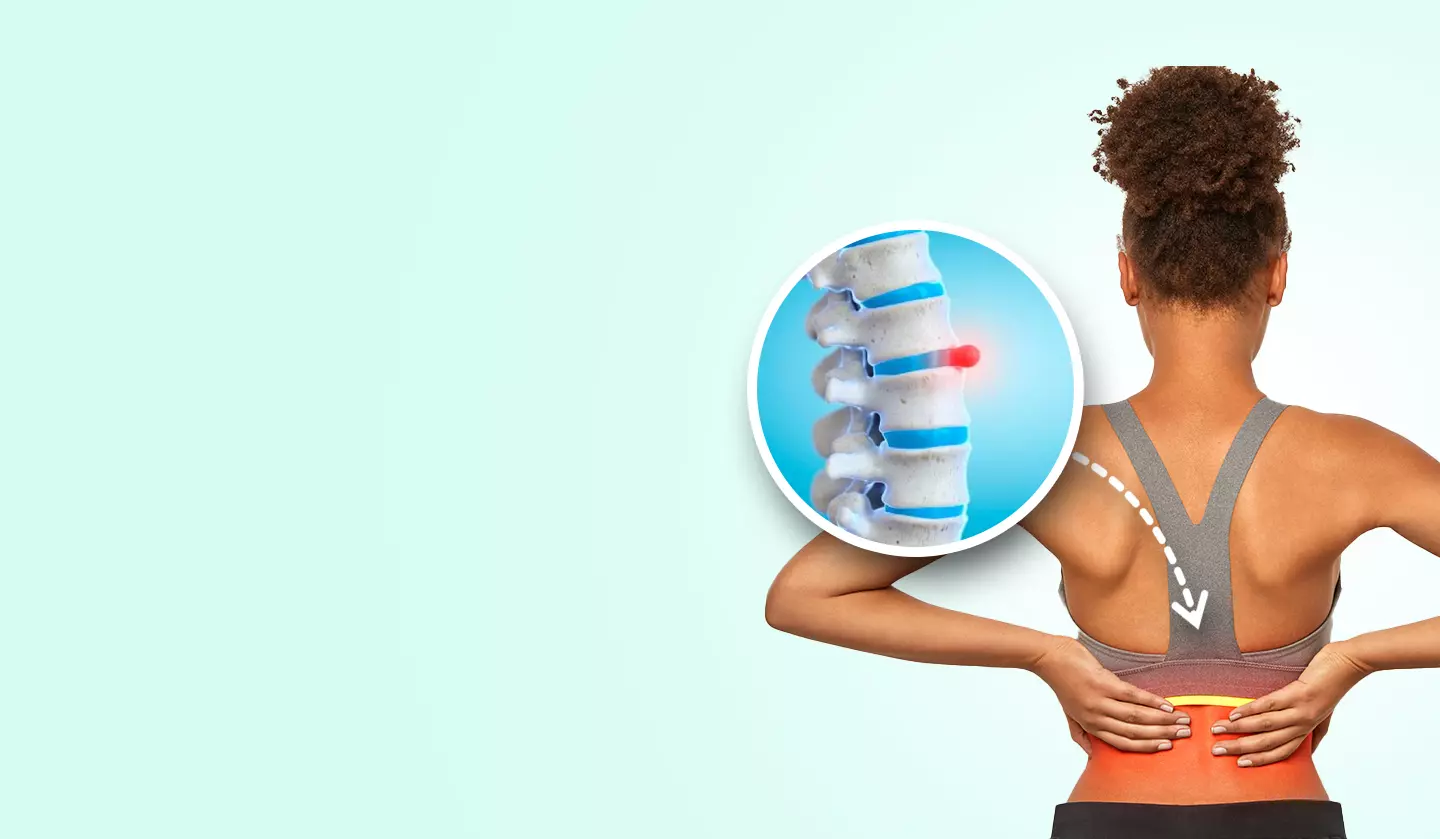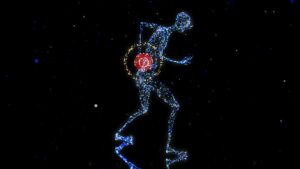If you’ve ever felt a sharp pain shooting from your lower back down your leg, you might have sciatica. This condition often results from a pinched nerve in the lower back. The pain can be intense, sometimes making it hard to move. In this post, we’ll explain what sciatica is, what causes it, and how to manage it.
Sciatica is when the sciatic nerve gets compressed or irritated. The sciatic nerve is the largest nerve in the body. It starts in the lower back and travels through the hips, buttocks, and down each leg. If a pinched nerve in the lower back compresses the sciatic nerve, it causes pain. This pain can spread from the lower back into the legs, often down to the feet.
Many people think of sciatica as a disease, but it’s a symptom of an underlying issue, usually a pinched nerve.
Sciatica Symptoms
The main symptom is pain. It usually starts in the lower back and radiates down the leg. Sciatica pain can range from mild to severe. You might also experience:
- Tingling or numbness in the leg or foot.
- Weakness in the affected leg.
- Sharp pain when you move or shift positions.
These symptoms occur when the pinched nerve in the lower back presses against the sciatic nerve.
Causes of a Pinched Nerve in the Lower Back
A pinched nerve in the lower back can result from several different conditions. Let’s explore some of the most common causes:
Herniated Disc
- One of the most common causes is a herniated disc. The discs in your spine cushion the bones, but they can slip out of place. If that happens, the disc can press on the sciatic nerve.
Spinal Stenosis
- Spinal stenosis is the narrowing of the spaces in your spine. This narrowing can put pressure on the nerves, including the sciatic nerve.
Bone Spurs
- Bone spurs are small growths that form on the bones of your spine. These spurs can press on the sciatic nerve, leading to pain.
Piriformis Syndrome
- The piriformis muscle is in the buttocks. If it presses on the sciatic nerve, it can cause sciatica-like pain.
Injury
- A lower back injury, such as a fall or accident, can also lead to a pinched nerve and sciatica symptoms.
Diagnosing Sciatica
If you think you have sciatica, a doctor will assess your symptoms. They may perform tests to confirm the diagnosis, such as an X-ray or MRI. These tests can identify the exact cause of the pinched nerve.
Treatment for Sciatica
Luckily, sciatica often improves with time and home care. Here are some treatment options to relieve pain:
Rest and Activity Changes
- Avoid activities that cause pain, but don’t rest too long. Staying active can help your recovery.
Physical Therapy
- A physical therapist can guide you through exercises that strengthen your back and reduce pressure on the sciatic nerve.
Pain Medication
- Over-the-counter medications like ibuprofen can reduce inflammation. Your doctor might also prescribe stronger drugs for severe pain.
Steroid Injections
- In some cases, a corticosteroid injection may help reduce inflammation around the nerve.
Chiropractic Adjustments
- Chiropractic care can help realign your spine, relieving pressure on the sciatic nerve.
Surgery
- If other treatments don’t work and your pain is severe, surgery may be an option. Procedures like a discectomy can remove the pressure on the nerve.
Preventing Sciatica
Preventing sciatica is not always possible, but there are steps you can take to reduce your risk:
- Use proper posture when lifting heavy objects.
- Exercise regularly to strengthen your back and core muscles.
- Maintain a healthy weight to reduce pressure on your lower back.
Conclusion
Sciatica, often caused by a pinched nerve in the lower back, can lead to significant discomfort. However, with the right treatments, most people can find relief. If you’re experiencing symptoms, it’s important to consult a doctor to determine the cause and explore treatment options. Understanding the root of the problem can help you recover faster and prevent future issues.
By incorporating regular back exercises, maintaining good posture, and staying active, you can minimize the risk of sciatica flare-ups. Taking care of your back health now will pay off in the long run.



